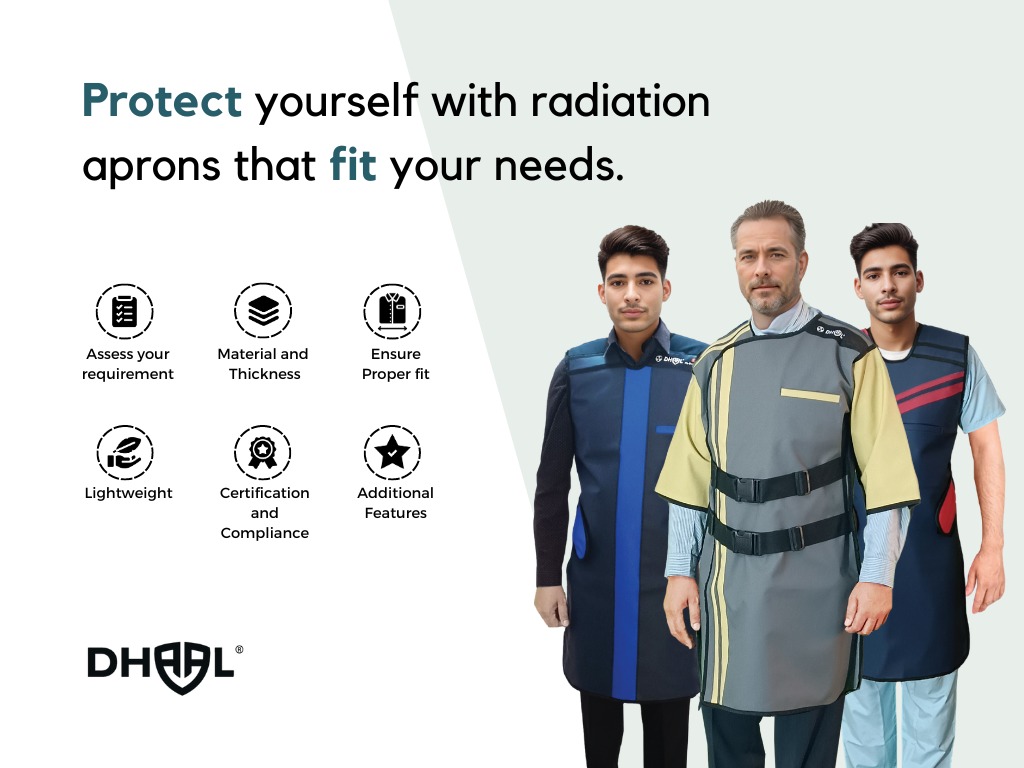
Protecting the thyroid gland from radiation exposure is crucial as it is particularly sensitive to radiation and can be susceptible to damage. Here are some ways to safeguard the thyroid gland:
- Use Thyroid Shields: Thyroid shields are specialized protective barriers designed to shield the thyroid gland from radiation exposure during medical imaging procedures such as X-rays, CT scans, and fluoroscopy. These shields are typically made of lead or lead-equivalent materials and are worn around the neck during procedures to block scattered radiation from reaching the thyroid.
- Ensure Proper Placement: When using thyroid shields, it’s essential to ensure proper placement to effectively cover the thyroid gland. The shield should fit snugly around the neck and cover the thyroid area completely. Healthcare providers should be trained in proper shield placement techniques to maximize protection.
- Select Appropriate Shielding: Choose thyroid shields with appropriate lead equivalence to provide adequate protection against the specific types and levels of radiation encountered during procedures. Shielding effectiveness depends on factors such as material thickness, design, and coverage area, so select shields that meet recommended safety standards and guidelines.
- Consider Personalized Shielding: In some cases, personalized thyroid shields may be beneficial, especially for patients who undergo frequent medical imaging procedures or those with specific thyroid conditions. Personalized shields can be custom-fitted to the individual’s neck size and shape, providing optimized protection and comfort.
- Advocate for Thyroid Protection: Patients undergoing medical imaging procedures should advocate for thyroid protection by requesting thyroid shields from healthcare providers. It’s essential to communicate any concerns about radiation exposure and inquire about available protective measures to ensure the best possible protection for the thyroid gland.
- Follow Safety Guidelines: Healthcare providers should adhere to radiation safety guidelines and protocols to minimize unnecessary radiation exposure to patients and personnel. This includes using appropriate shielding devices, optimizing imaging techniques to reduce radiation dose, and employing dose monitoring and tracking systems to ensure safety.
- Monitor Thyroid Health: Regular monitoring of thyroid health is essential, particularly for individuals with a history of radiation exposure or thyroid conditions. Routine thyroid function tests and screenings can detect abnormalities early and facilitate timely intervention if necessary.
by incorporating these measures, individuals can effectively protect their thyroid gland from radiation exposure during medical procedures, minimizing the risk of radiation-related health complications.



